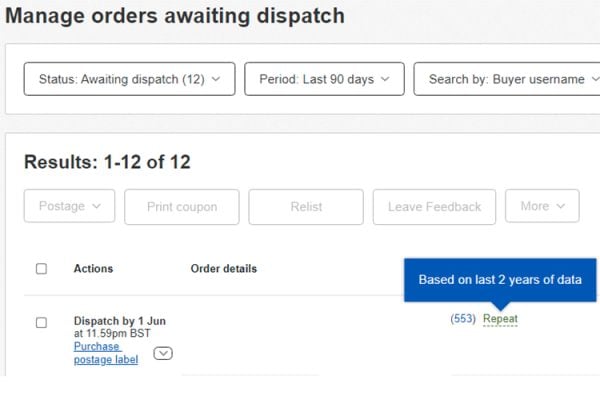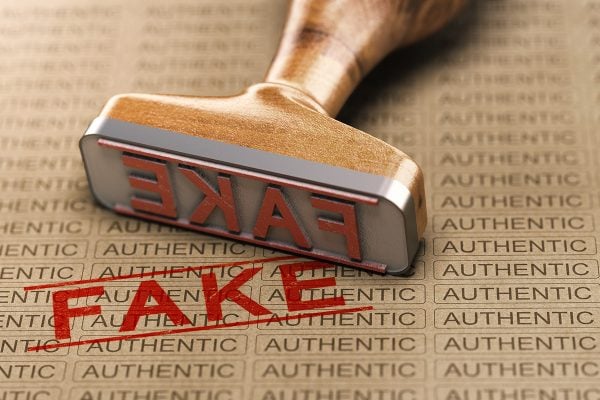Imagine if every time you listed an item on eBay you were required to include the serial number in the listing. That’s what the police and retailers in the US are calling for, without any thought to the reality of the situation.
The argument goes that stolen goods from retail outlets often end up on eBay and more information about sellers and recording serial numbers on the site would allow police to track professional shoplifters more effectively.
Sadly there’s little thought to just how sellers would manage this. Today I launched just 22 new listings, but with multiple items on many listings that still represents 163 discrete products, for which I’d be obliged to enter serial numbers. The time required to do so would be prohibitive.
If you routinely sell the same item you probably have a standard template. Sellers using automation rules relist unsold items and launch new instances of the same item using a set auction template: changing the serial number would be impossible. Even a single listing may have tens or even hundreds of the same item for sale which would result in a list of serial numbers many times longer than the actual product description.
And that’s just the products which have serial numbers – clothing, DVDs, CDs and many consumer items simply don’t have individual serial numbers.
Of course genuine sellers are the ones who would be affected most, they’re the ones who would dutifully spend many unpaid man hours entering serial numbers into their auctions. The professional shop lifters the measures are supposed to target would do exactly what Rob Chesnut pointed out and make up fictitious serial numbers leaving the entire exercise pointless.
The other measure called for is more information on the identities of high volume sellers. Rob Chesnut said eBay weren’t averse to the idea but noted many sellers are reluctant to include their real name, address and telephone number on their eBay listings. Unless every seller were obliged to do so again the measures would be useless. High-volume sellers in many cases already do include contact information on eBay; thieves would simply use multiple smaller accounts to sidestep the issue.
I can’t help feeling offended by the retailers attitude shifting their shop-lifting problem onto eBay sellers. Retailers don’t search every customer as they leave the store just in case they’re a thief. Why should thousands of legitimate eBay sellers jump through hoops to prove that they too aren’t thieves?









6 Responses
“recording serial numbers on the site would allow police to track professional shoplifters more effectively”
Retailers don’t record serial numbers of their stock. I worked for one of the biggest in the UK for 25 years and never saw a single serial number ever recorded. A small back street independant selling high value kit possibly, but with any sizable retailer and esspecially large high street retailers it’s just not practical.
And while we’re at it, what’s to stop someone copying a serial number from another listing from a genuine seller? The whole idea is so stupid it’s laughable.
I have talked to a lot of people about the shot first and ask questions later mentality that Trust and Safety has over there… most of the time you tend not to pay attention until it hits home. Doesn’t make it any less true.
By publishing legitimate serial numbers, they’re also giving them out to criminals, who would just go through ebay and scoop them up for future reference.
All in all, a stupid and pointless exercise.
“would allow police to track professional shoplifters more effectively”
Because the police obviously have the manpower to go through eBay every day, looking for items that might not be legit. This idea is so ridiculous, I’m checking the date to see if it’s April 1st.
I have to afree with Sue, I’m checking to see if it’s April the 1st.
As a typical seller, nothing I sell has serial nimbers on, so I’m off to Early Learning Centre with my swag bag this very second.